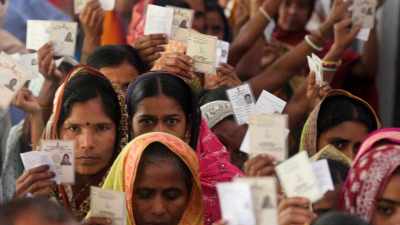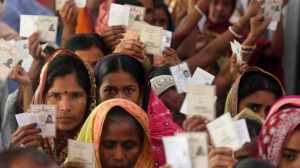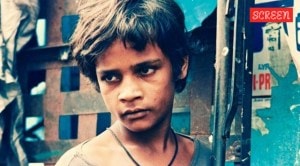The milk scare: calf’s death triggers rush for anti-rabies vaccination in Chhatrapati Sambhajinagar village
Despite reassurances of low risk, the fear of rabies transmission through the milk of a cow nursing an infected calf leads to a rush for vaccination in a village in Maharashtra's Chhatrapati Sambhajinagar district.
 The local vet, after evaluating the calf, told Mete that it appeared to be infected with rabies, likely from a bite by a rabid dog. (Representational Image/Freepik)
The local vet, after evaluating the calf, told Mete that it appeared to be infected with rabies, likely from a bite by a rabid dog. (Representational Image/Freepik)On Wednesday, Bhausaheb Mete, a farmer who also sells milk, noticed that one of his calves was unwell and called a veterinarian. The local vet, after evaluating the calf, told Mete that it appeared to be infected with rabies, likely from a bite by a rabid dog. The calf died on Friday. The village has a history of a resident previously dying due to rabies.
As a precaution, Mete, who delivers milk to five families and also sells curd, alerted them about the calf’s death. Locals feared the calf may have infected its mother while being suckled and that her milk could be contaminated.
“The death of the calf due to rabies spread panic in the village. Those who had consumed the cow’s milk feared they could be infected and many rushed to the hospital to get vaccinated,” said Dr Praniti Mhatre, a gynaecologist at the Bidkin Rural Hospital.
By Saturday, 170 villagers had taken rabies shots at Bidkin, while 25 others were vaccinated at Nilajgaon Rural Hospital. Many others sought treatment at private hospitals.
Medical literature states that rabies transmission through milk is an extremely remote risk.
Despite the negligible chance of infection, doctors at these hospitals struggled to convince villagers that vaccination was unnecessary. “We got in touch with experts who confirmed that infection in this manner is very unlikely. However, the patients were in a state of panic, and as part of post-exposure prophylaxis, we gave them one shot each,” Dr Mhatre said.
Interestingly, the vaccine may have only a placebo effect in this context, as a regimen recommended by the World Health Organization calls for multiple injections over a 14-day period, not just one shot. However, due to a shortage of vaccines, villagers are currently taking only a single dose and returning home.












